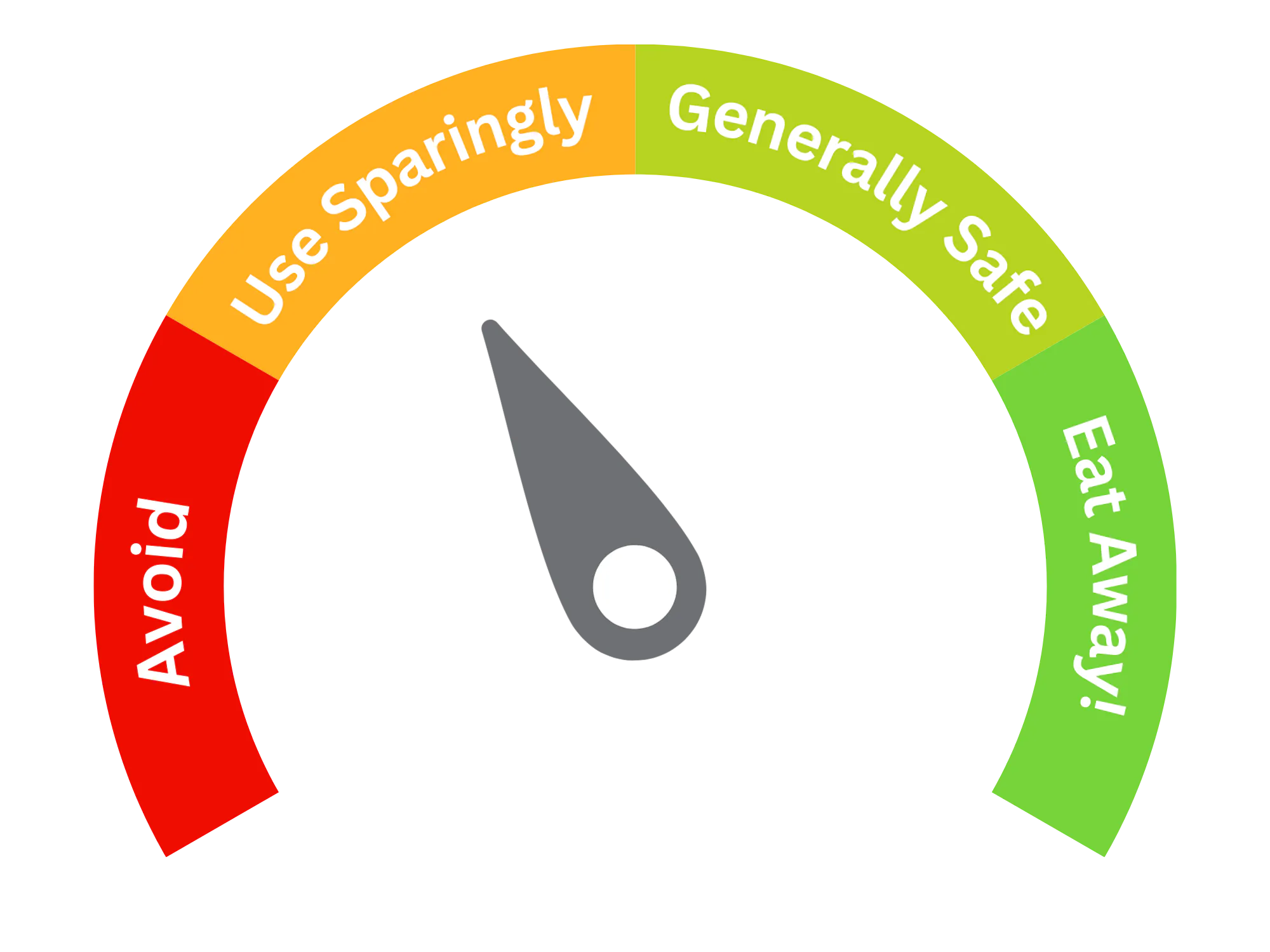Carrageenan (E407)
| Type of additive (Glossary) | Bulking Agents Emulsifiers Gelling Agents Humectants Stabilizers Thickeners |
| E Number | E407 |
| Also Known As | Chondrus extract |

Purpose and Function
Carrageenan is a natural polysaccharide extracted from red seaweed, widely used in the food industry for its ability to thicken, stabilize, and gel food products. It is commonly found in:
- Dairy and Non-Dairy Products: Used to thicken and stabilize products like yogurt, ice cream, almond milk, and soy milk, helping to improve texture and prevent separation.
- Meat Products: Added to processed meats such as sausages and deli meats to improve water retention and texture.
- Gelling Agent: Used in various desserts, jellies, and puddings for its gelling properties.
- Emulsifier: Helps maintain the stability of emulsions, such as in salad dressings and sauces, preventing ingredients from separating.
Carrageenan is favored for its natural origin and its ability to provide desirable textures in food products without altering flavor.
Potential Risks and Side Effects
Carrageenan has been the subject of debate regarding its safety, particularly concerning its potential health effects:
- Gastrointestinal Inflammation: Some animal studies and in vitro research suggest that carrageenan may cause inflammation in the gastrointestinal tract, potentially leading to issues like bloating, irritable bowel syndrome (IBS), and other digestive problems. However, these effects are typically associated with a degraded form of carrageenan, which is not used in food.
- Degraded vs. Food-Grade Carrageenan: It’s important to distinguish between degraded carrageenan (also known as poligeenan), which has shown harmful effects in studies, and food-grade carrageenan, which is used in the food industry. Regulatory agencies like the FDA and EFSA consider food-grade carrageenan safe for consumption.
- Regulatory Status: Despite concerns, carrageenan is approved for use in food products by major regulatory agencies, including the FDA and EFSA. However, due to consumer concerns, some manufacturers are opting to remove carrageenan from their products.
